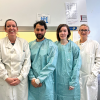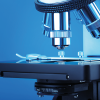With Congress fast approaching, Brian Nation, IBMS Editorial Specialist Advisor, looks at a few programme highlights of the forthcoming biennial event at the International Convention Centre in Birmingham next March.
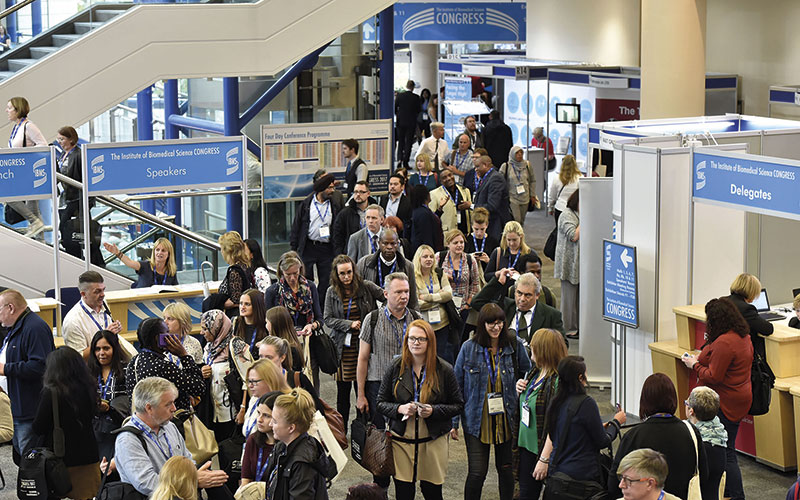
It is now just over three months until the postponed Biomedical Science Congress returns to the International Convention Centre (ICC) in Birmingham, its biennial home since the first event was held back in 1995. The 2022 incarnation will be a Congress with a difference – March rather than September, and a weekday start. Irrespective of day or month, what makes Congress such a valuable and memorable event on the laboratory medicine calendar is the opportunity to come together – congress – in one place.
The event next March will also be an opportunity to reflect on and celebrate a unique period in the biomedical science profession’s history. Biomedical scientists have played a critical role in the testing for SARS-CoV-2 and in the diagnosis of COVID-19 and its health effects. After a period of time like no other, there is much of which to be proud; once again Congress will be a celebration of biomedical science and its central role in the delivery of healthcare.
While the comprehensive scientific programme is the event’s raison d’etre, there is so much more to experience.
Additional content, more opportunities
On Monday 14 March the lecture programme will commence with sessions on Quality Management, Education and Training. In addition, there will be the popular cellular pathology tissue recognition workshop, which will provide more cases, more opportunity to discuss and to learn, and will feature both cytopathology and histopathology cases. These Monday afternoon sessions result in less chance of a programme clash with the scientific lecture programmes that run over the subsequent three days of the event.
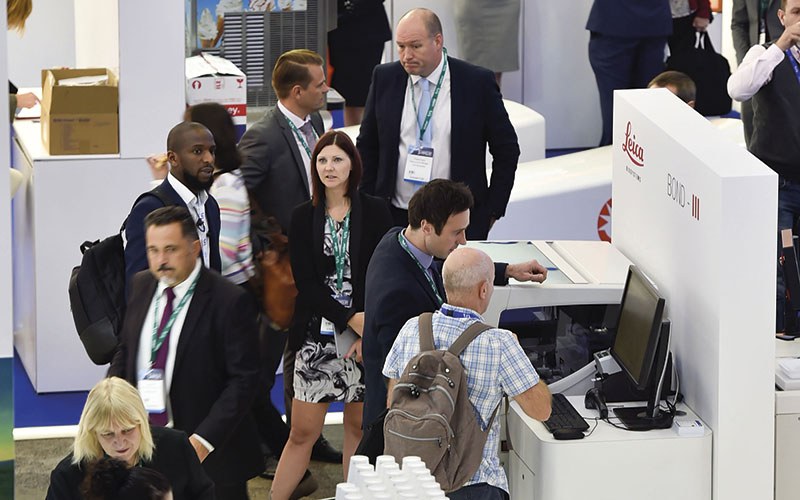
Hall 4 programme
The IBMS has also lined up a full exhibition hall programme of talks and seminars, with a principal focus on education and training. Following on from the main Education and Training programme, the Hall 4 seminars provide an opportunity for delegates to hear, and maybe refresh, their understanding of all the issues relating to registration training, reflection, competence assessment, the future plans for the Specialist Portfolios, the revised Higher Specialist Diploma, advanced and expert practice qualifications – and more. The smaller, more informal seminars enable delegates to question and discuss in a manner that is not always possible in a main lecture hall. These seminars are free to attend – just book as an exhibition visitor. Paying delegates are also welcome to mix main lecture programme attendance with a visit to the Hall 4 seminars. Anyone involved in training or studying for a qualification will find all four days of Congress cover a blend of new and familiar education and training issues that are important to know.
Plenary gatherings
One of the highlights of Congress is the official opening Plenary session, which in 2022 will be on the afternoon of Tuesday 15 March. This is a not-to-be-missed opportunity for delegates to hear the views, thoughts and opinions of experts in their particular fields; attendees will leave Congress with a clearer understanding of what is happening in pathology in order to facilitate the management of their services and their careers.
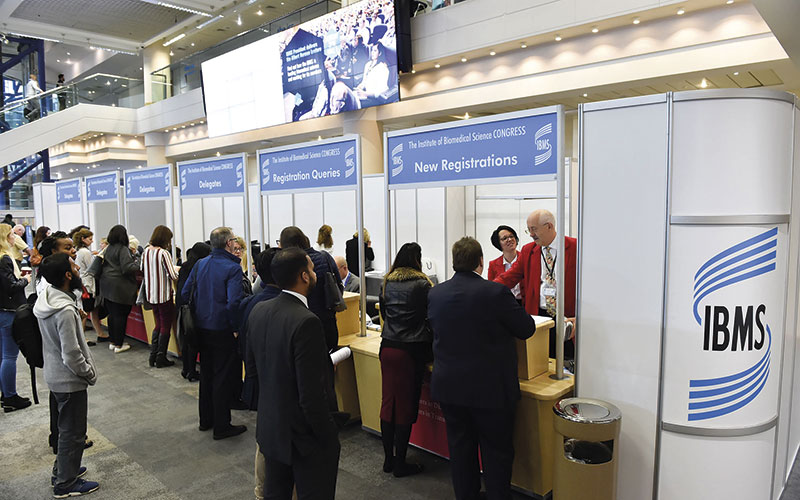
This Plenary programme will introduce the milestone achievement of access to HSST for biomedical scientists; a reflection on the challenges of managing the response to the UK SARS-CoV-2 pandemic; an overview of how molecular diagnostics is being integrated into laboratory services; and a future for biomedical scientists that now includes the permission to supply and administer medicines. The programme will also include a presentation from the new IBMS Chief Executive, David Wells, who will give his vision of the future of the profession and of the professional body. The afternoon concludes with a fascinating talk entitled How much does your blood group control your life? Clearly a stimulating programme on several levels and one not to be missed.
Dr Suzy Lishman’s closing Plenary presentation on the afternoon of Thursday 17 March, entitled The hidden dangers in the Victorian home, will be fascinating to those who have a particular interest in history, or not. Take a moment to think back to the Victorian era and the average home becomes a horror story of hazards and dangers. From the toxic chemicals used in cleaning and even in home remedies to the contents of paint to the flammability of construction materials and furnishings; there is no doubt the Victorian home was an absolute death trap – modern-day dangers such as sharp knives and boiling chip pans look like child’s play in comparison.
Celebrating support staff
The range of topics and speakers on the Biomedical Laboratory Support Staff programme reflects the significance of this section of the laboratory workforce. Reflecting the inclusive nature of the profession, Congress offers a truly inspiring programme; from leadership and development to quality management, from apprenticeships to CPD – issues that impact directly on laboratory support staff.
History at Congress
Pandemics and epidemics have plagued humans and animals since the beginning of their existence and particularly since the advent of sedentary settlement and the domestication of animals. They have, on occasion, altered the course of human history to various effect including through the introduction of social, health and economic changes, as demonstrated by the response to the current SARS-CoV-2 pandemic.
This year’s History Committee exhibit, Pestilence, plague and pandemics: a troubled history, covers pandemics and epidemics affecting both humans and animals, and how they spread by contact, trade and travel. The exhibit also traces other disasters that could be regarded as man-made, such as nuclear and chemical accidents, and deliberate deforestation of large areas leading to so-called “spillover events”, or those caused by natural disasters.
The display provides insight into how humans have been affected by such diseases and disasters, and how a full understanding of them is vital in informing our approach to their control and prevention.
How to book your attendance
The full and up-to-date programme and how to register your attendance can be found at ibms.org/congress

